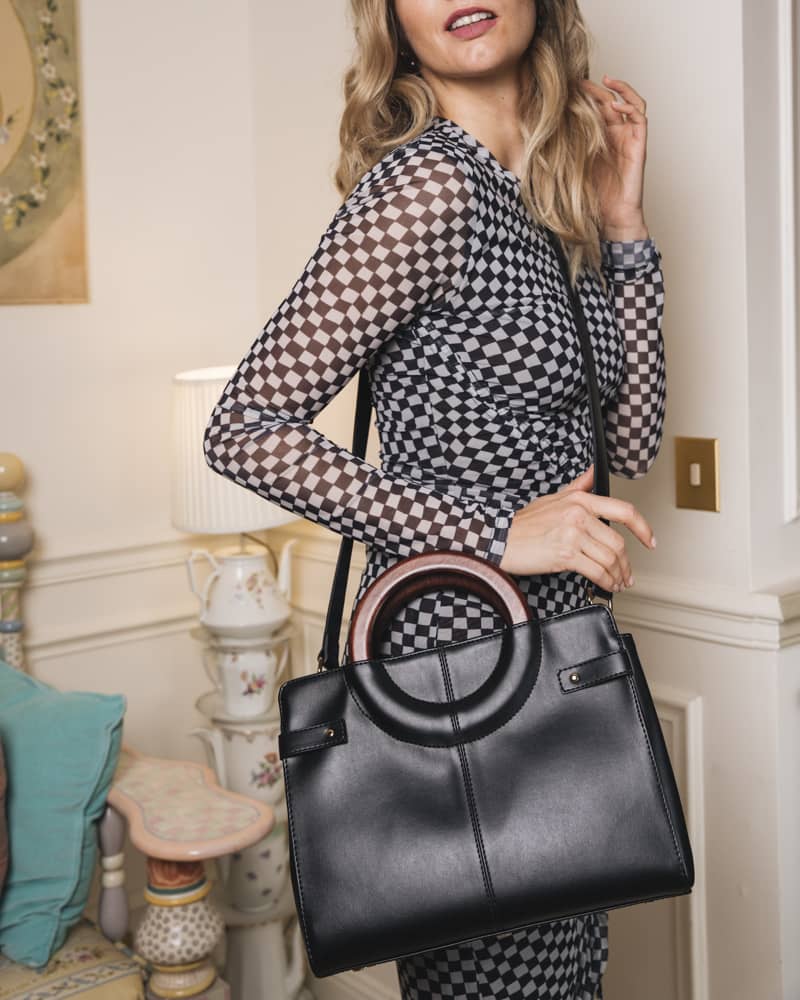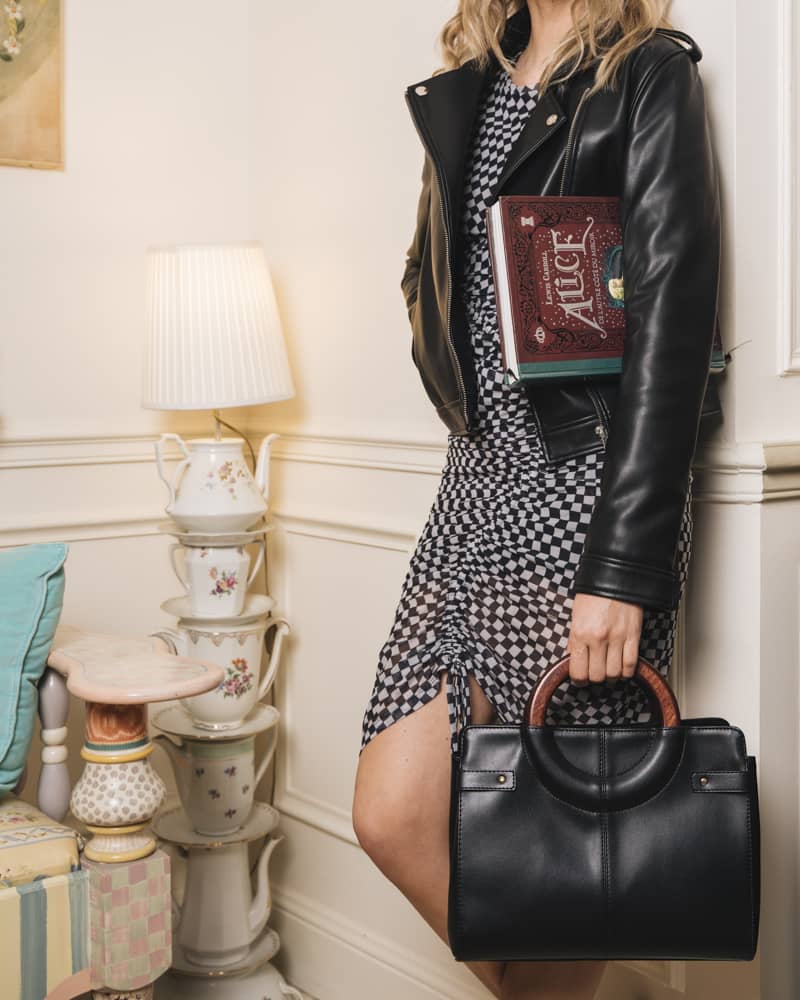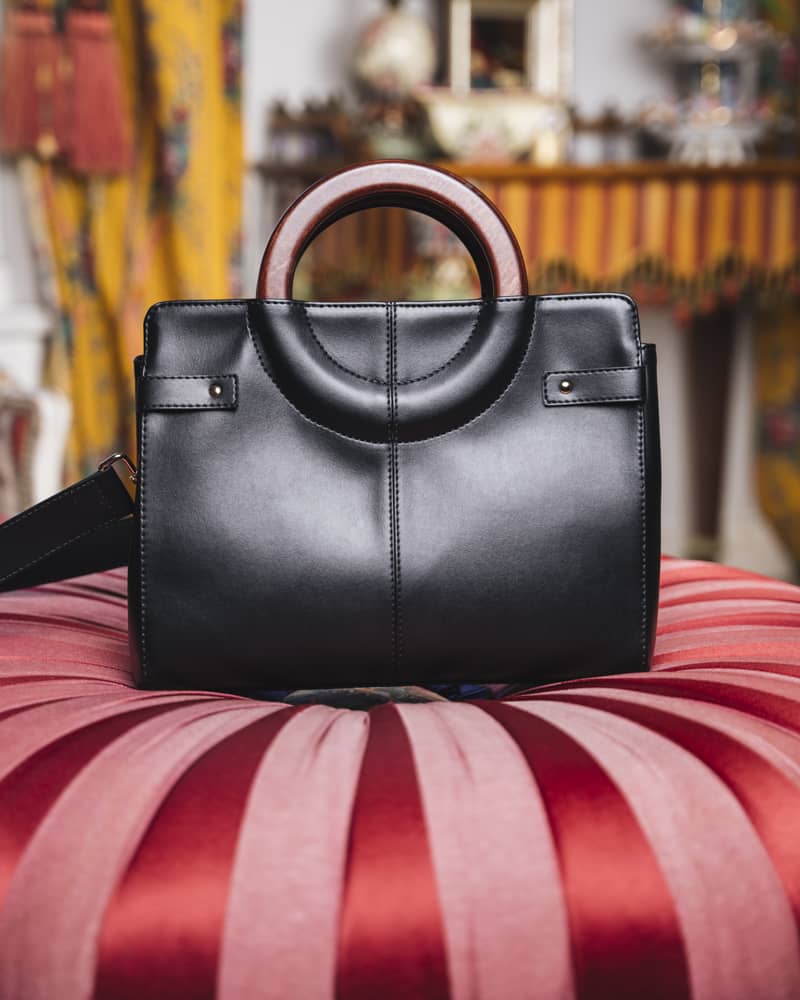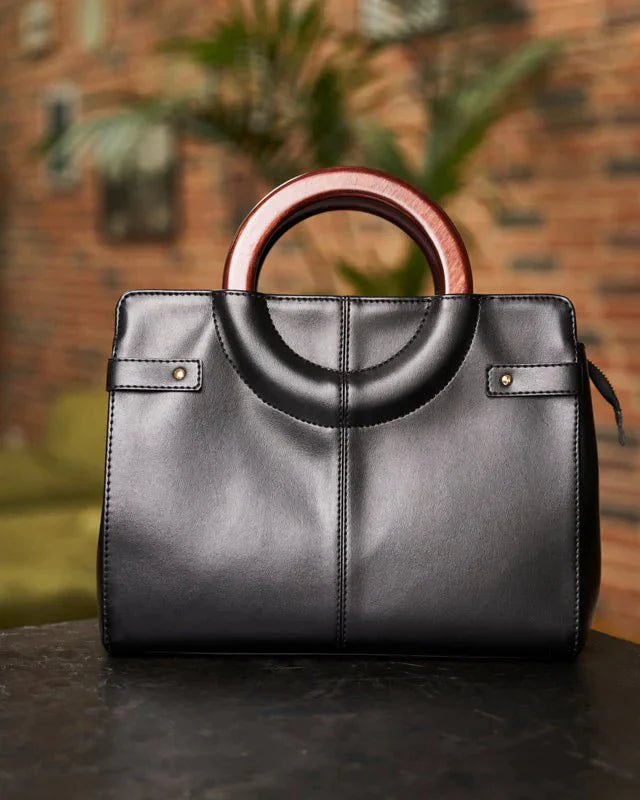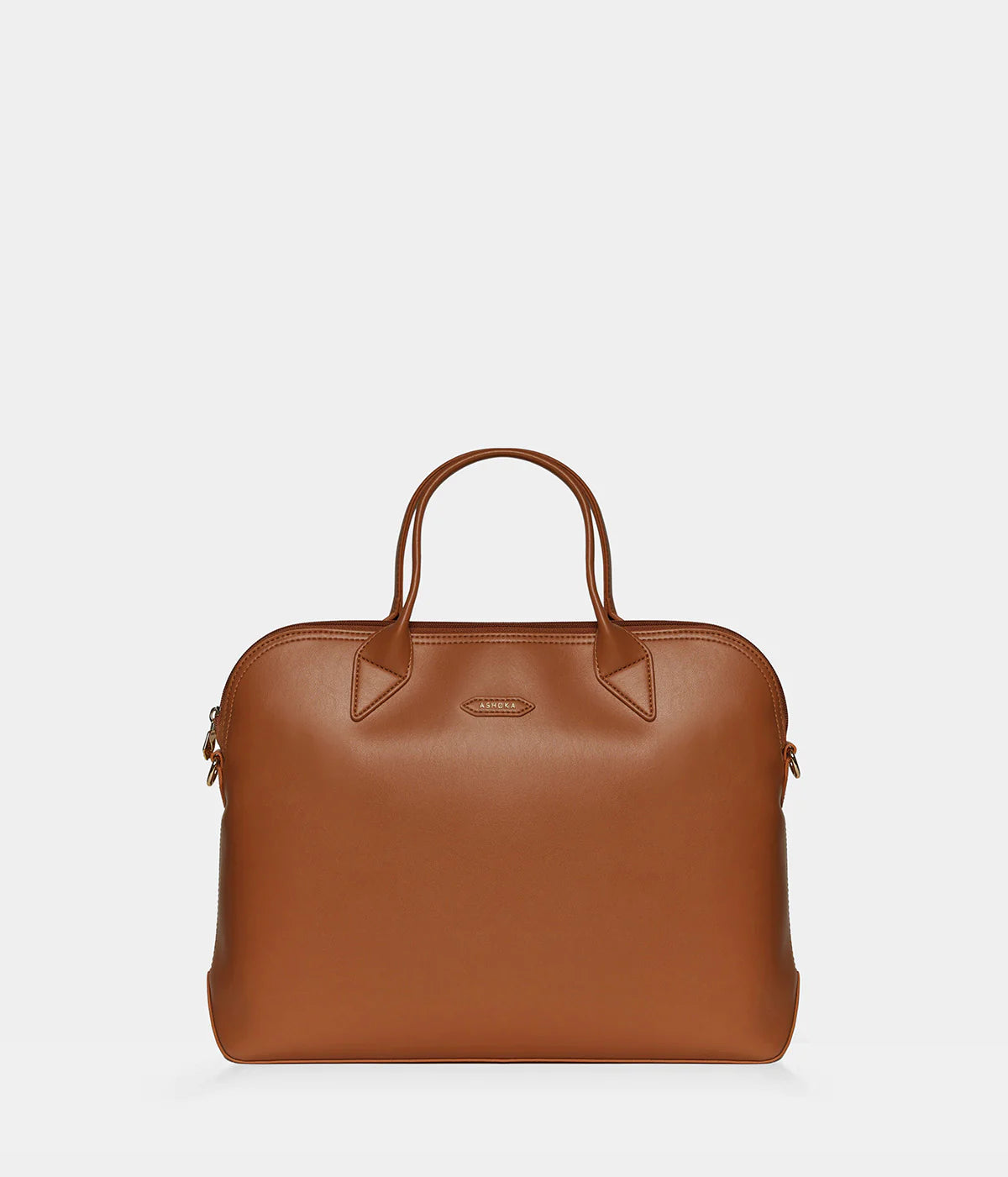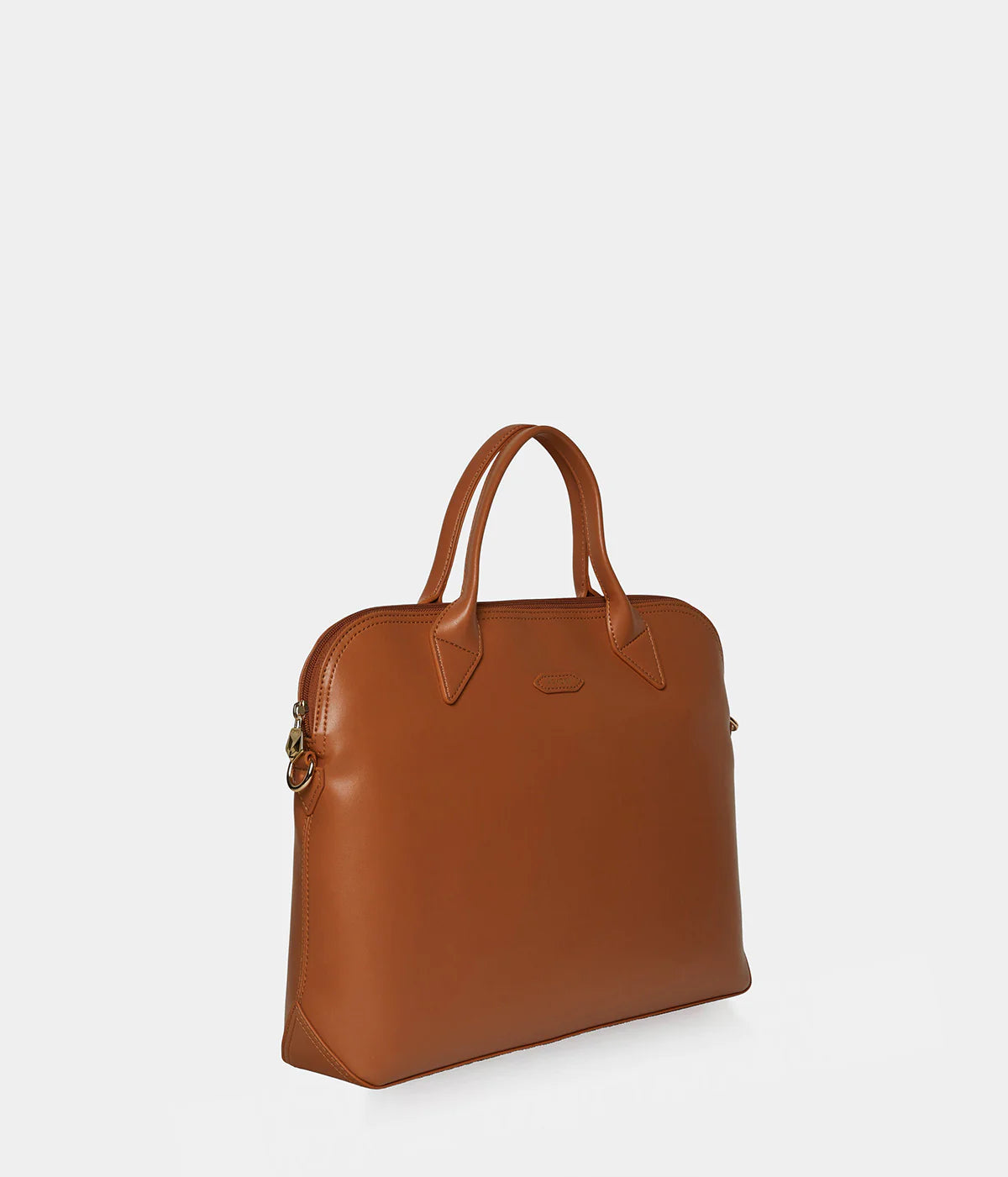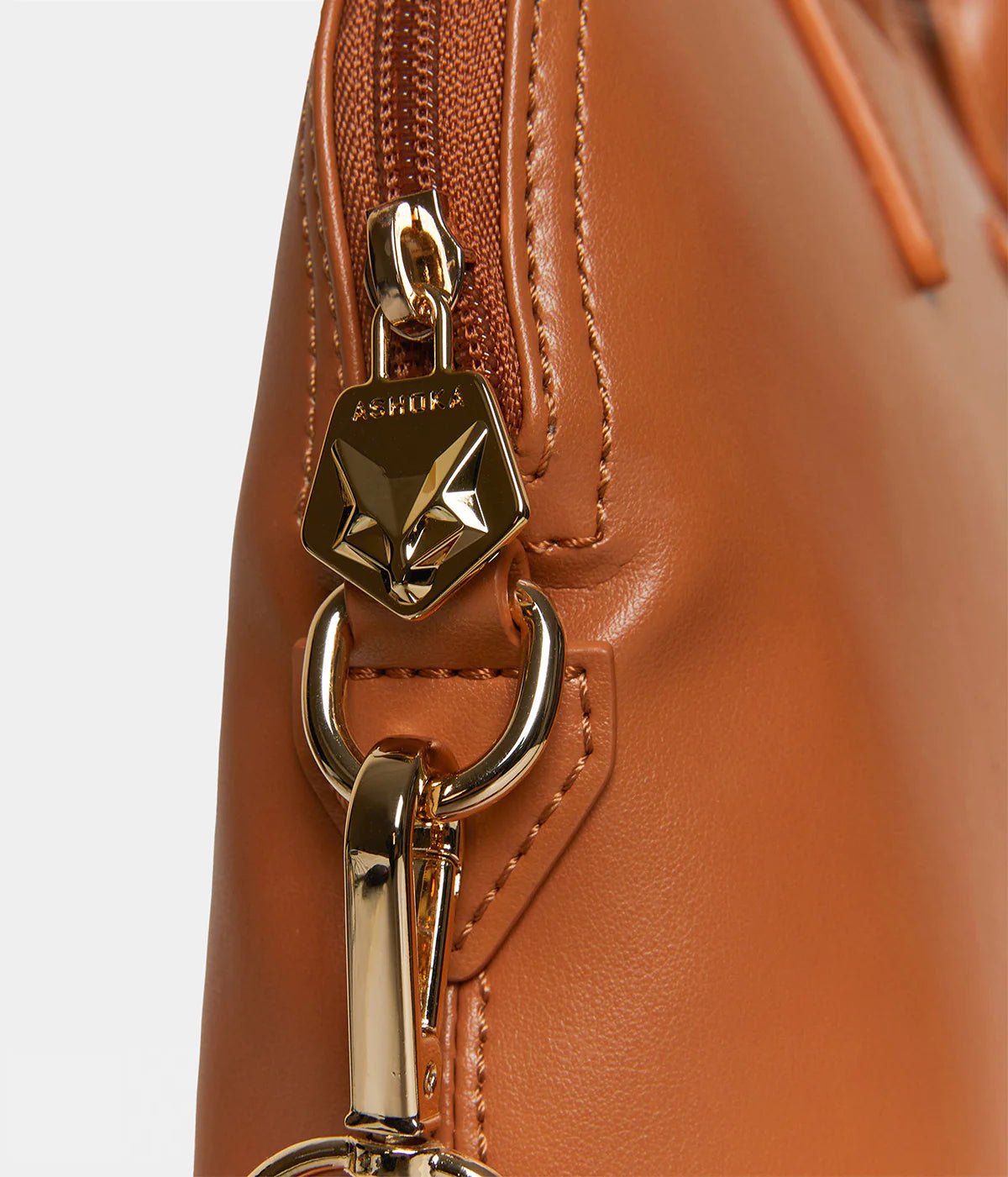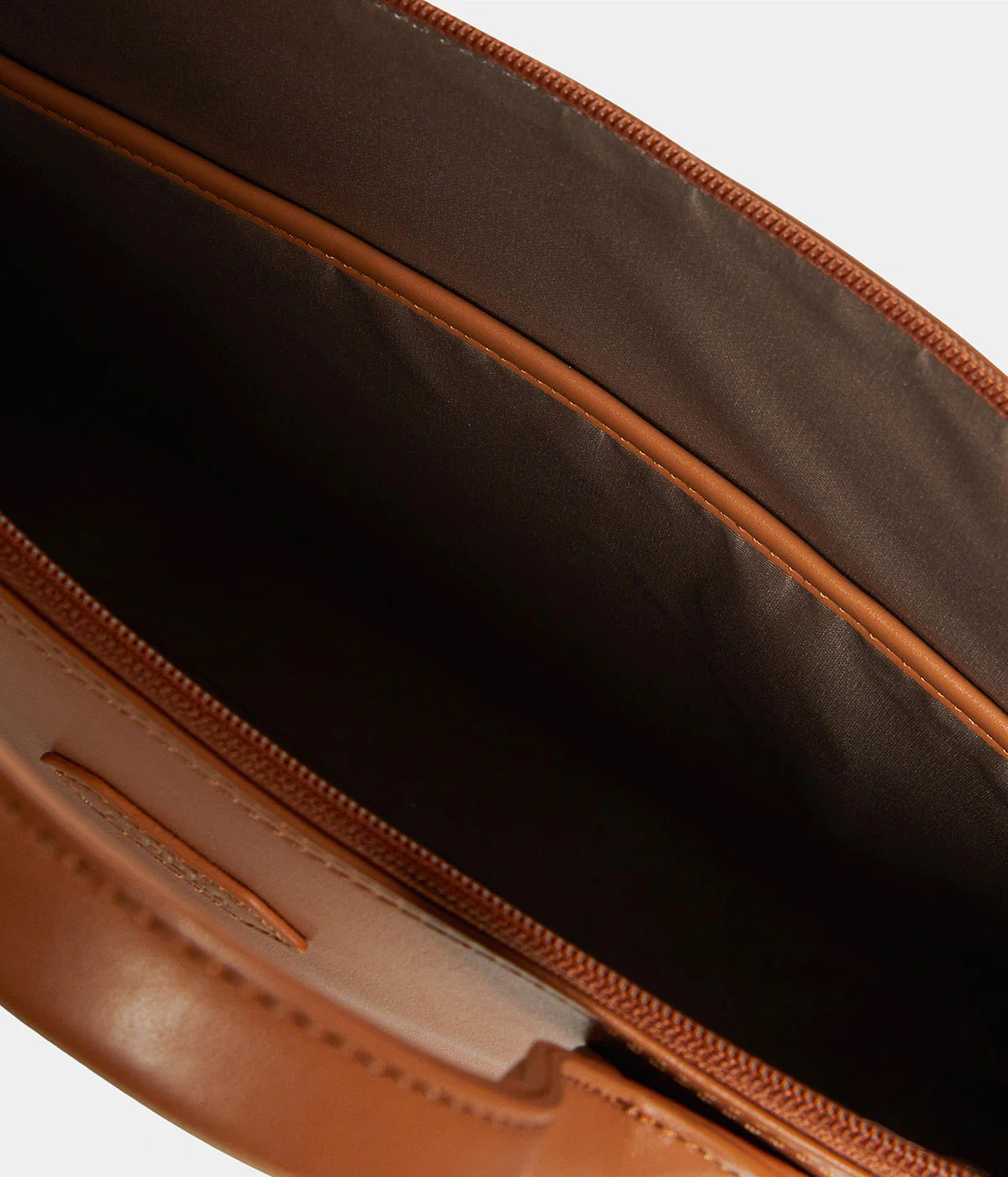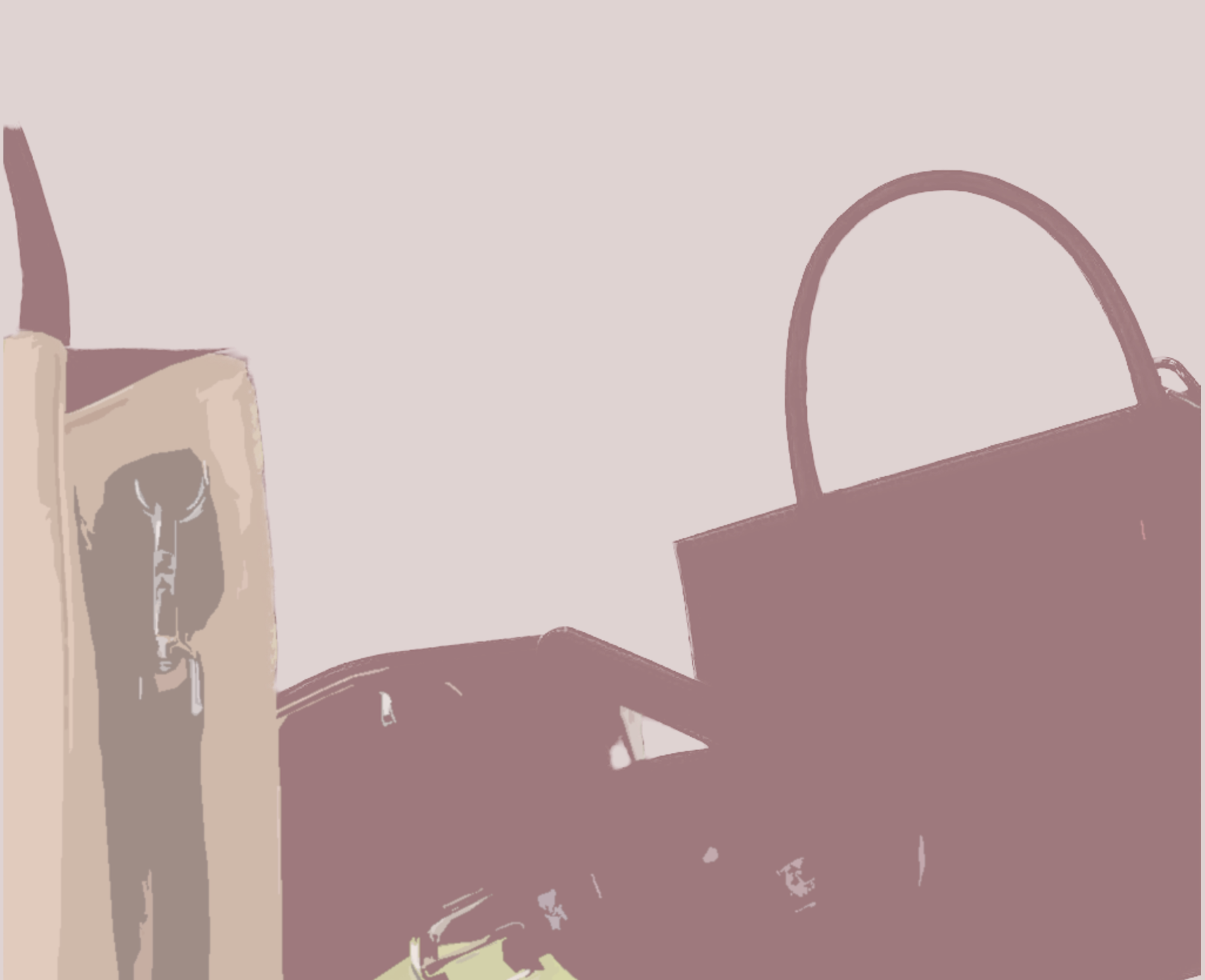Parerga aims to promote eco-responsible materials that offer a sustainable alternative to traditional leather. We exclusively support designers who are sensitive to animal rights and ecological issues.
Our goal: to make these innovative materials the future of leather goods.
A recent study commissioned by the Confederation of European Tanners' Associations shows that plant-based alternatives to leather exceed the resistance reference thresholds required for shoemaking and some major brands have already adopted them, such as Bentley and Stella McCartney.

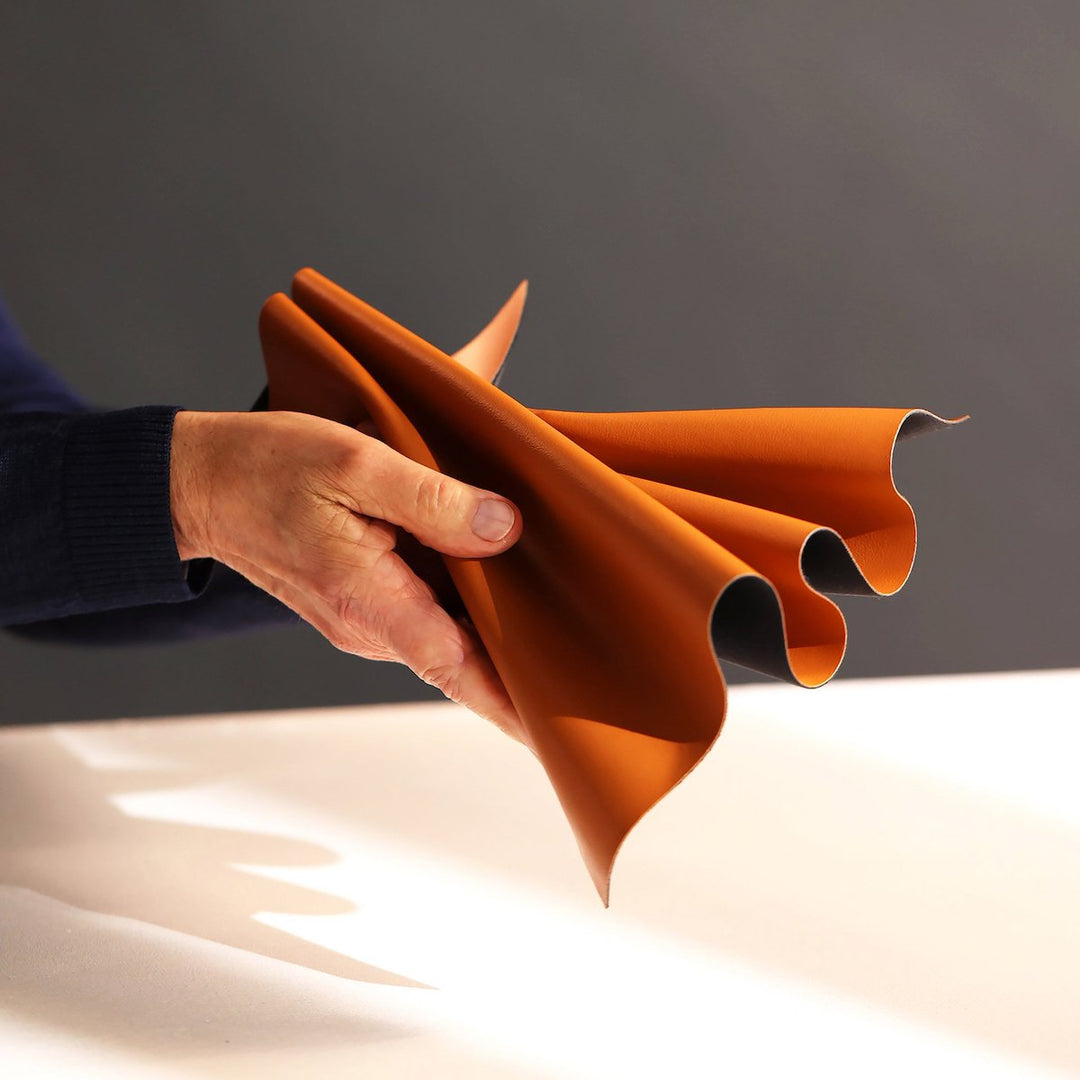
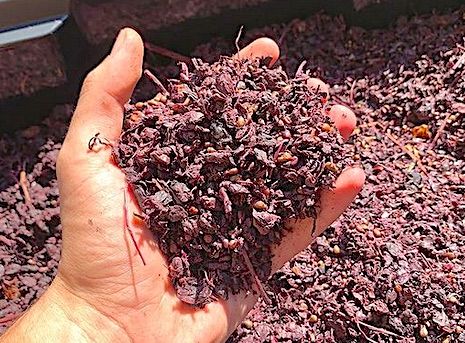
Traditional tanning of animal leather using chrome and other chemicals is particularly polluting for rivers. Alternatives to leather made from apples, grapes, pineapples, mushrooms or even cereals are made with waste collected during harvests. The raw material is therefore entirely plant-based. Plastic - generally polyurethane - is used during the chemical transformation of this raw material, in order to obtain a texture almost identical to that of leather, but the ecological impact is not comparable to that of 100% plastic products and that of traditional chrome-based tanning.
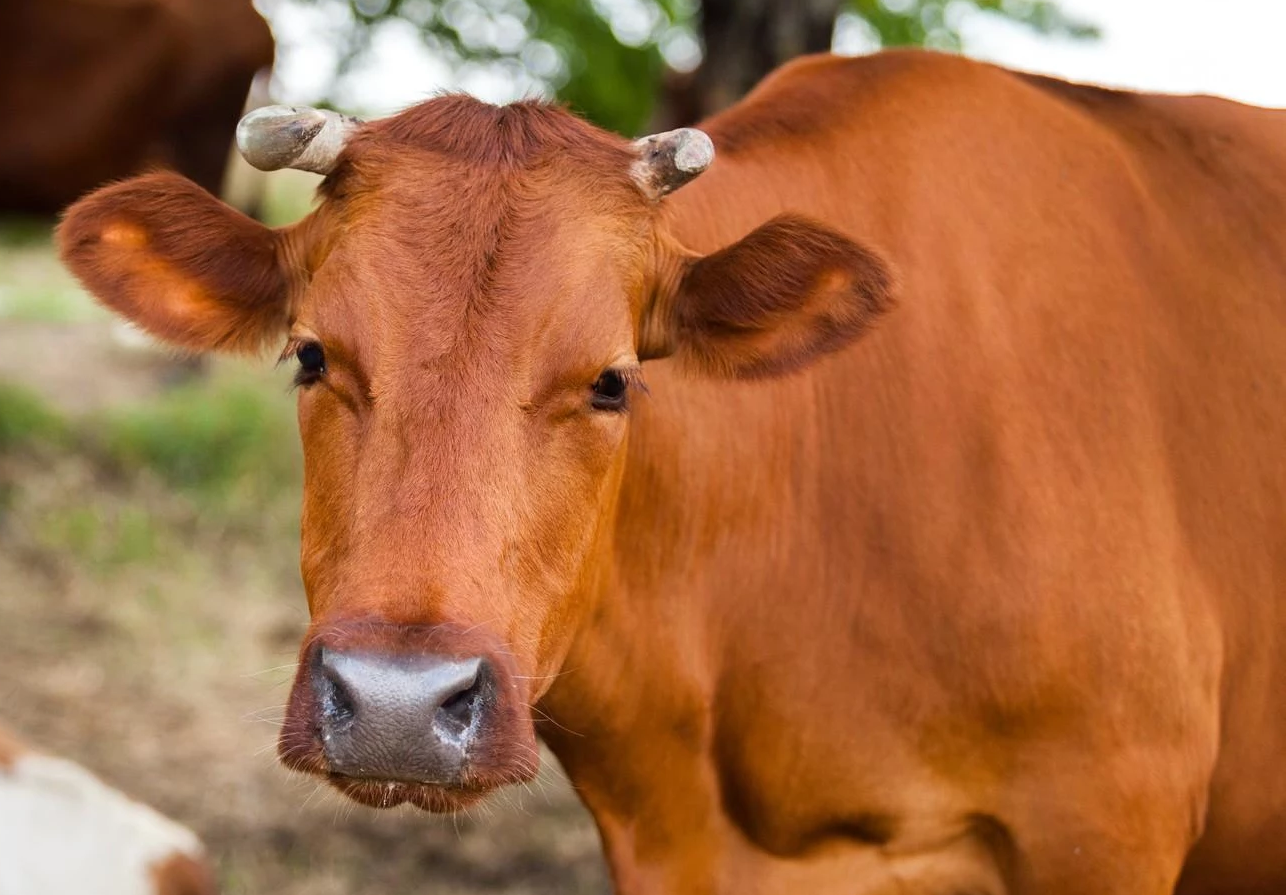
The skin of animals killed in slaughterhouses is not a mere by-product of the food chain, it is a trade in its own right that contributes to the development of intensive farming. Without the leather trade, fewer animals would be sacrificed. However, we know that it is not vital for us to consume so much meat and we also know that this excessive consumption is accompanied by mass slaughtering that causes atrocious suffering for the animals.






